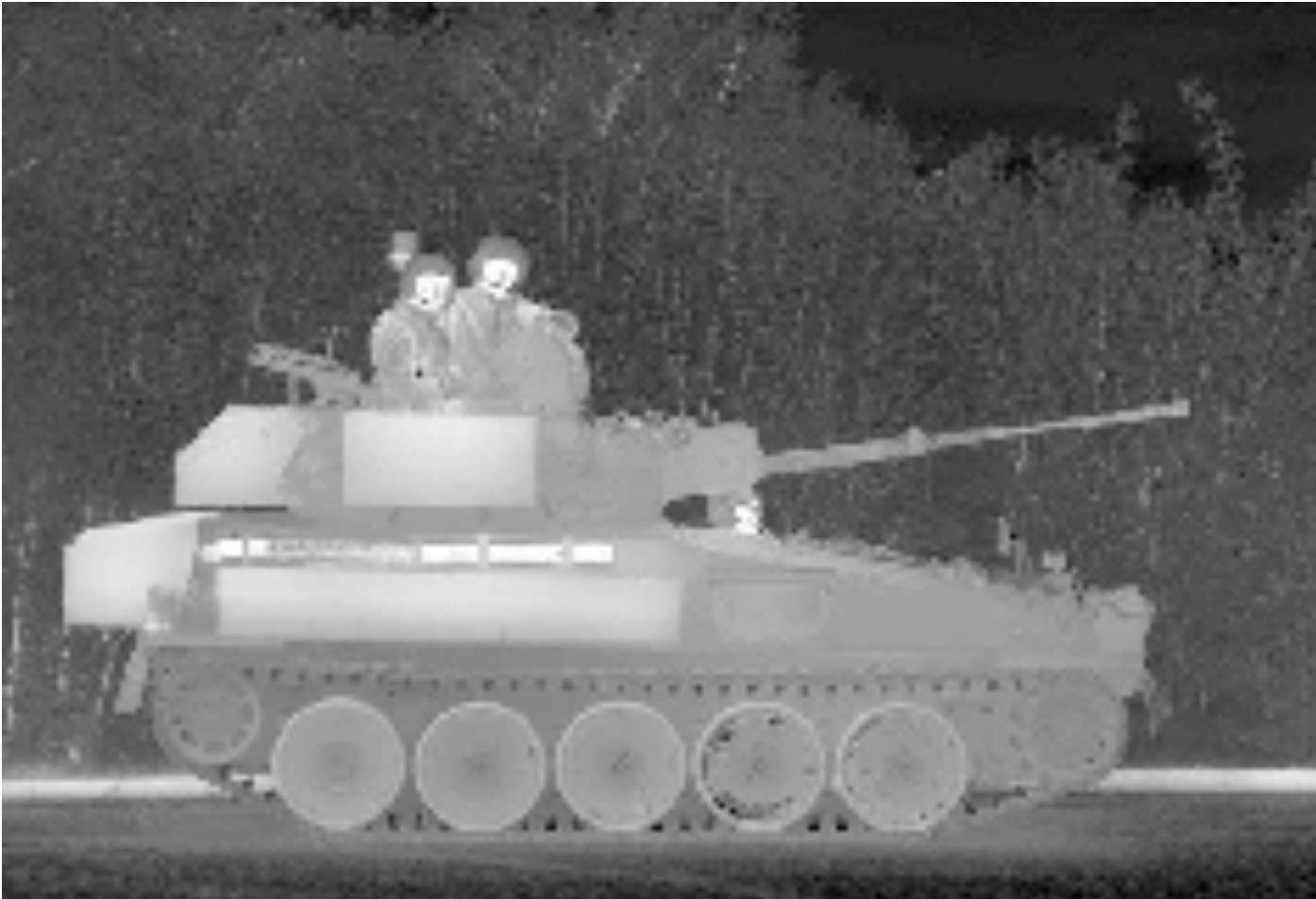The French Defence Ministry denies that France violated sanctions imposed by the European Union by continuing to sell military equipment to Moscow after it annexed Crimea in 2014.
Investigative journalism NGO Disclose reported on 14 March that the French government approved around 152 million euros of military gear for export since 2015, citing both "top secret" documents and public sources.
Most of the equipment consisted of "thermal cameras to equip more than 1,000 Russian tanks," but also included "navigation systems and infrared sensors for fighter planes and helicopters" manufactured by Thales and Safran, companies whose largest shareholder is the French state, according to Disclose.

It also claimed that tanks and aircraft of the types involved had been used in Russia's invasion of Ukraine since February 24.
Six months after Moscow annexed Crimea in February 2014, the European Union imposed arms sanctions.
France went so far as to cancel delivery of two Mistral helicopter carrier ships.
But successive governments "made the most of a chink in the European embargo: it isn't retroactive," Disclose charged.
'Grandfather' clause
"France complies strictly with its international engagements as concerns exports of military equipment," defence ministry spokesman Hervé Grandjean responded in an elaborate Twitter thread.
1. The Ministry is being challenged by a @Disclose_ngo investigation into deliveries of military equipment to Russia. Let's get straight to the point. Thread to unroll ⤵️
— Porte-parole du ministère des Armées (@HerveGrandjean) March 14, 2022
Nevertheless, the so-called "grandfather" clause meant that "a contract signed before the annexation of Crimea can run its course...this possibility is clearly provided for in the sanctions regime," he added.
"No new contracts have been made with Russia since 2014. No deliveries have been made to Russia since the beginning of the war in Ukraine."
But Disclose points out that this still meant that France continued to fulfill its arms-related contract obligations after 2014, even if deliveries were stopped before the Russian invastion into Ukraine.
In 2019, Disclose won the Visa d’or for Best Digital News for its investigation "Made In France", on France’s role in selling arms used in Yemen’s civil war.
(With AFP)







